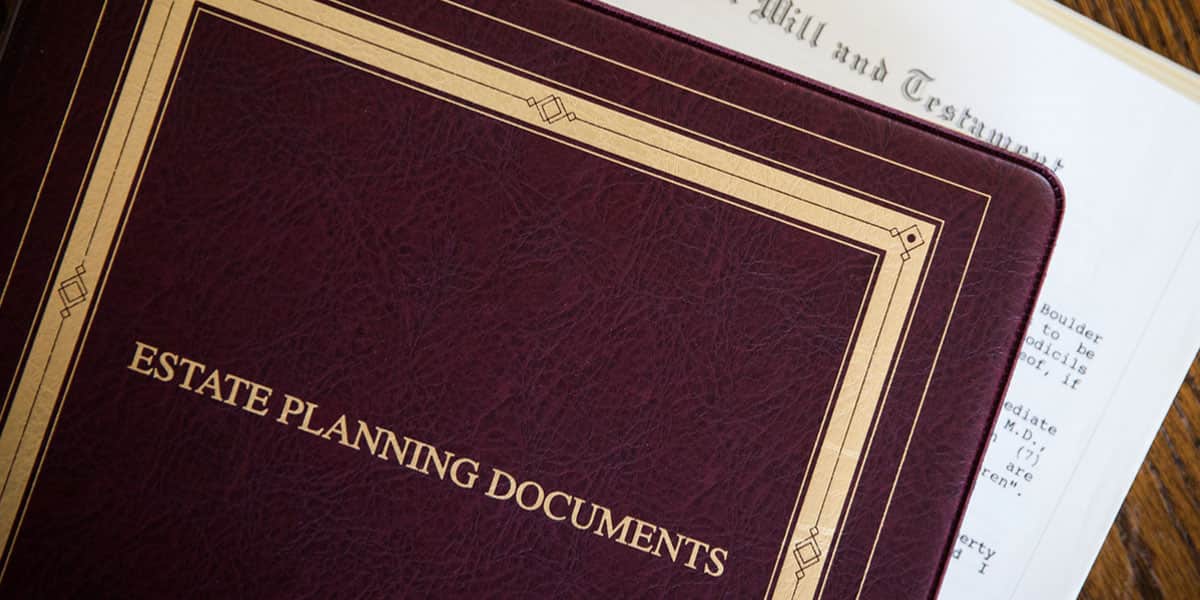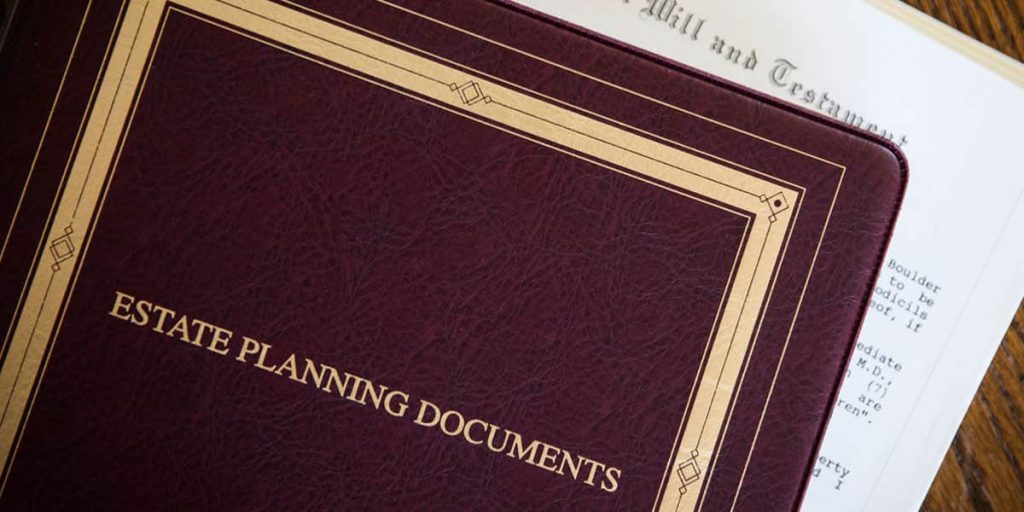

Having an estate plan is generally advantageous for individuals, irrespective of their financial status or age. While the necessity of an estate plan varies based on personal situations, here are some common.
Factors indicating the need for an estate plan:
Wealth Distribution:
If you have specific preferences regarding the distribution of your assets post your demise, an estate plan is crucial. Without a plan, state laws will determine the asset distribution, which might not align with your desires. An estate plan enables you to assign beneficiaries and ensure that your assets are distributed as per your wishes.
Dependent Children:
If you have minor children, an estate plan is essential to secure their well-being and financial support in case of your premature death. Through an estate plan, you can appoint guardians for your children and establish trusts or other mechanisms to manage their inheritance until they reach a certain age or milestone.
Planning for Incapacity:
Estate planning involves preparing for potential incapacity due to illness, injury, or old age. Documents like powers of attorney and advance healthcare directives allow you to designate a trusted individual to make medical and financial decisions on your behalf if you become incapable of doing so.
Tax Planning:
If you possess a substantial estate, estate planning can aid in reducing estate taxes and other tax obligations, ensuring that a larger portion of your assets goes to your intended beneficiaries.
Ownership of a Business:
If you are a business owner, estate planning becomes crucial to ensure a seamless transfer of ownership and management. It enables you to plan for the continuity of your business, designate successors, and address potential tax consequences.
Privacy and Probate Avoidance:
Estate planning can help maintain the privacy of your affairs and minimize or eliminate the probate process. Proper planning ensures that your assets are transferred efficiently and privately to your beneficiaries without the need for court involvement.
Even if you believe your assets are modest or you are young, having an estate plan in place offers peace of mind and safeguards your interests and those of your loved ones. Seek advice from an estate planning attorney who can evaluate your specific circumstances and assist you in creating a plan that aligns with your needs and objectives.
Advantages of Estate Planning
Estate planning provides numerous benefits that can positively impact you and your family.
Here are some key advantages of estate planning:
Control and Transparency:
Estate planning empowers you to control how your assets will be distributed after your passing. You can specify who will inherit your property, money, and possessions, ensuring that your wishes are honored. This transparency can help prevent conflicts and disagreements among family members.
Asset Safeguarding:
Estate planning offers strategies to shield your assets from various risks, such as creditors, lawsuits, or the unstable financial situations of your beneficiaries. Through trusts, you can establish protections to preserve and manage your assets for the long term.
Tax and Expense Reduction:
A well-crafted estate plan can aid in minimizing estate taxes and other costs, guaranteeing that a larger portion of your assets goes to your chosen beneficiaries. Estate planning attorneys can provide strategies to lessen tax liabilities and administrative expenses related to asset transfer.
Probate Avoidance:
Effective estate planning can help your loved ones evade or minimize the probate process. Probate can be time-consuming, costly, and subject to public scrutiny. By utilizing tools like trusts, you can transfer assets outside of probate, facilitating a more efficient and private distribution to your beneficiaries.
Protection for Dependents:
Estate planning enables you to designate guardians for your minor children and dependents. By establishing trusts or other mechanisms, you can ensure that their financial needs are met and that the assets are managed on their behalf until they reach a certain age or milestone.
Healthcare and Incapacity Planning:
Estate planning encompasses the creation of advanced healthcare directives and powers of attorney, allowing you to appoint trusted individuals to make medical and financial decisions on your behalf if you become incapacitated. This ensures that your healthcare preferences are respected and that your financial affairs are managed according to your wishes.
Succession Planning for Businesses:
For business owners, estate planning is vital to ensure a smooth transition of ownership and management. It enables you to designate successors, establish plans for the continuation of the business, and provide for the financial stability of your business and your family.
Peace of Mind:
One of the most significant benefits of estate planning is the peace of mind it offers. Knowing that you have taken proactive steps to protect your assets, provide for your loved ones, and address potential uncertainties can provide a sense of security and reduce stress.
By consulting with an experienced estate planning attorney, you can tailor a plan to your specific needs and goals, maximizing the benefits of estate planning for you and your family.
The post Do I need an Estate Plan? appeared first on ![]()
Author: Legal Network Team

